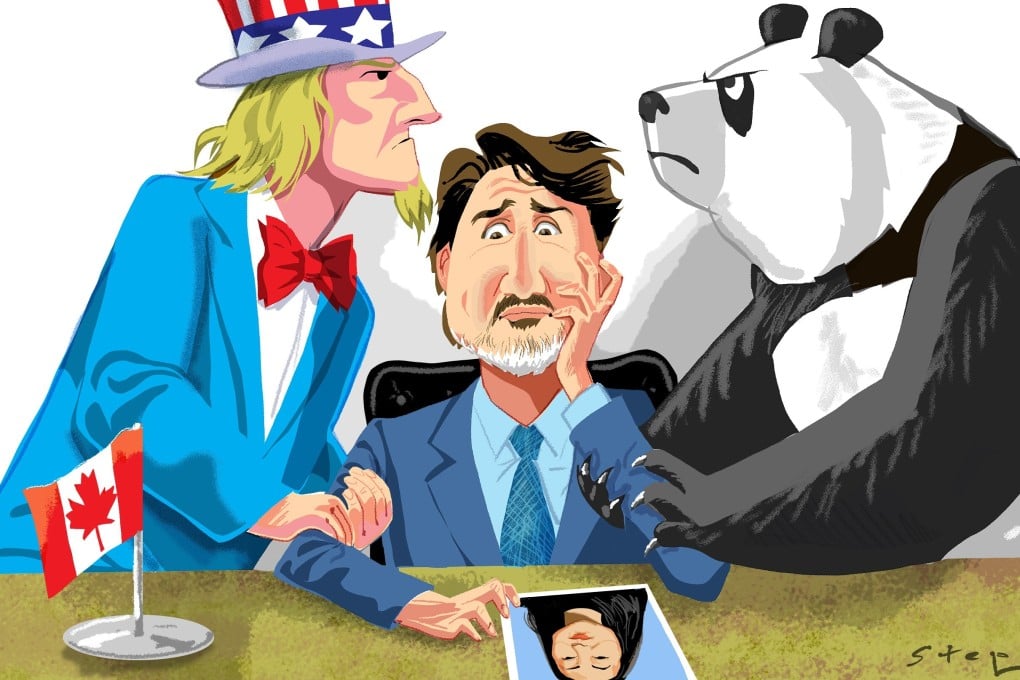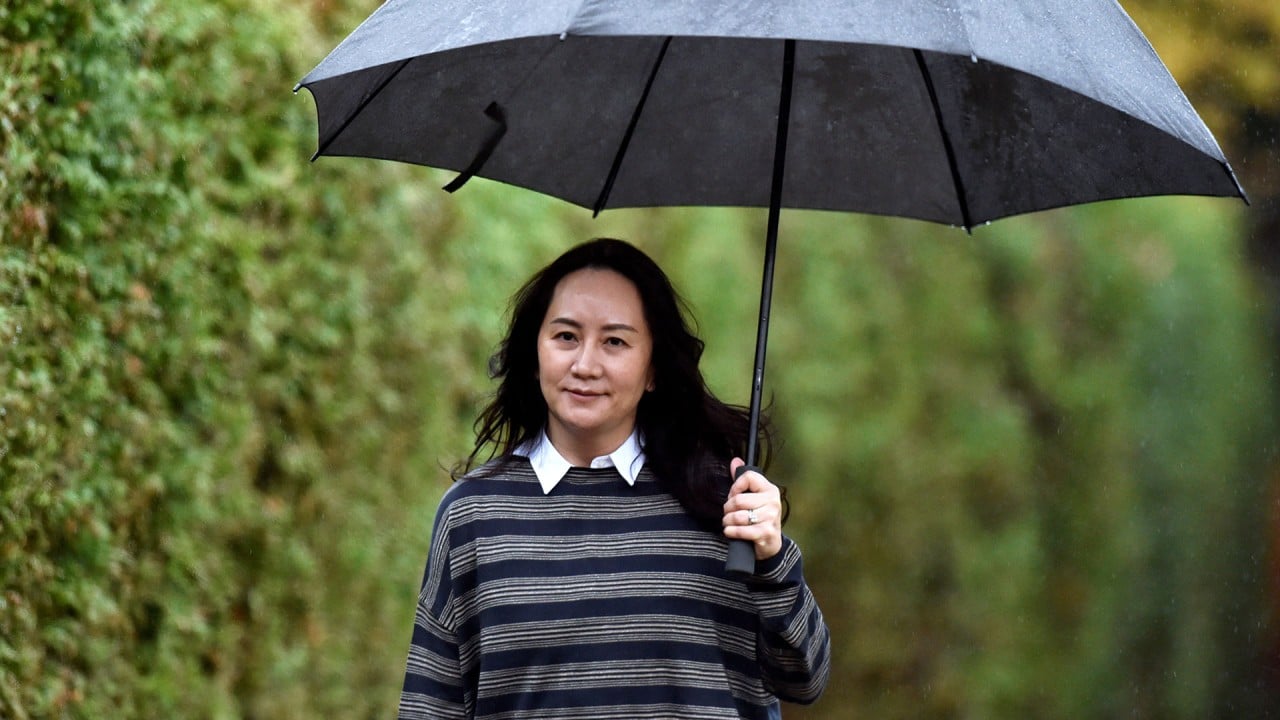Opinion | US-Canada ties will survive ending extradition of Huawei’s Meng Wanzhou
- Canada’s relations with the rest of the world usually defer to the interests of US foreign policy, but there are limits to what Canada is willing to endure
- If talks on Meng fail, Canada should release her unilaterally and reassure the US it will continue to support US foreign policy in almost all circumstances

The conclusion is correct, but the reasoning is flawed. As a weak power in international relations – in terms of population size, economic heft and military influence – Canada cannot have an independent foreign policy.
Like it or not, the international system is hierarchical. Canada depends on its powerful neighbour for military protection and economic benefits. In most cases, Canada’s relations with the rest of the world need to defer to the interests of United States foreign policy.
Neither is there anything necessarily wrong with subordinate status. In our recent book Just Hierarchy, Wang Pei and I argue that hierarchical relations between states are morally justified if they benefit both the stronger and weaker states. The most stable relations are characterised by strong reciprocity, meaning that decision-makers consider relations from the perspective of both states.
The US and Canada are bound by common values. Canada is relatively weak in terms of global influence, though, and the government usually refrains from doing things that antagonise its more powerful southern neighbour. The Canadian government usually goes along with US foreign policy – as it should.

04:43
How the arrest of Huawei CFO Meng Wanzhou soured China's relations with the US and Canada
Canada’s subordinate status also benefits Canadians. Good ties with the Americans are valuable for Canadians because the Canadian government can devote more resources to improving the welfare of its people rather than heavy spending on the military. We – and here I speak as a Canadian citizen – should be grateful to Uncle Sam for its security umbrella.

